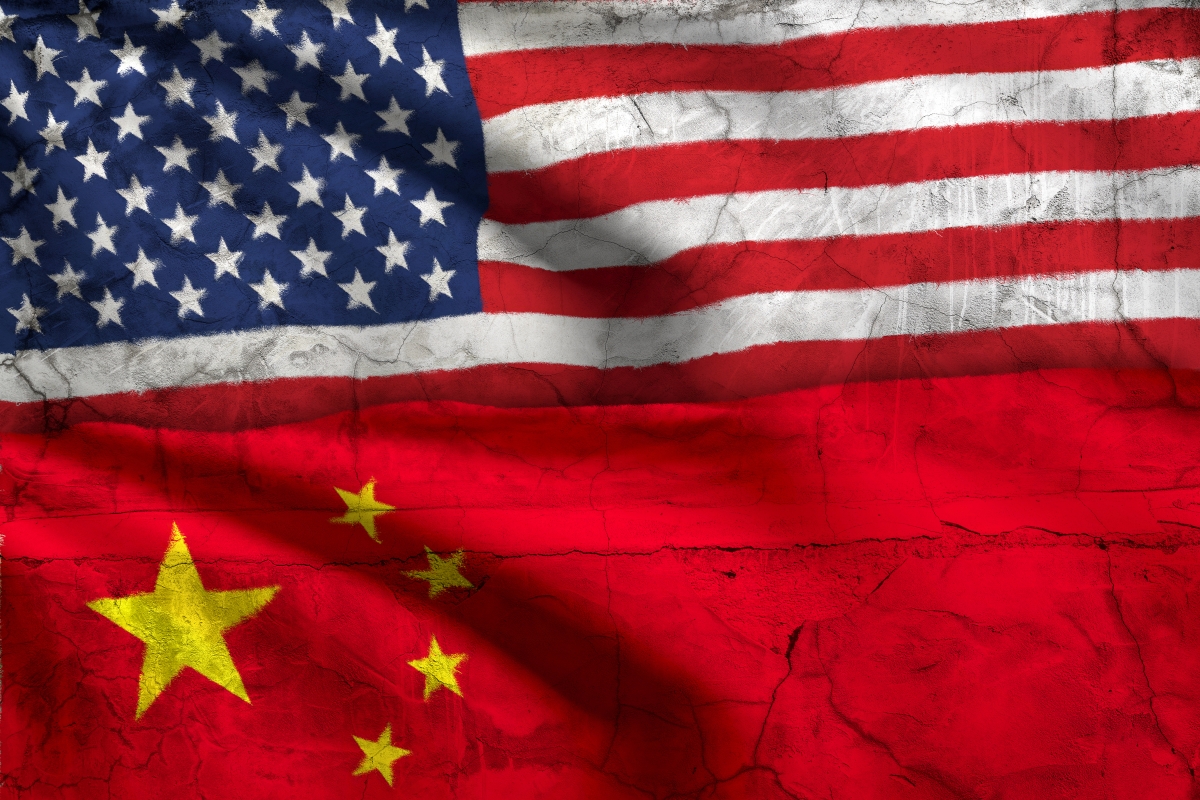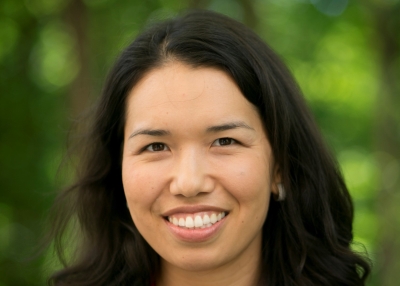Even China Isn’t Convinced it Can Replace the U.S.
The New York Times

The following is an excerpt from an op-ed originally published in The New York Times by Jessica Chen Weiss Senior Fellow at the Asia Society Policy Institute's Center for China Analysis.
There’s a hardening view in Washington that China seeks to supplant the United States as the leading world power and remake the international system in its illiberal image.
China has of course fed these fears by building up its military, partnering with a revanchist Russia, pressing disputed territorial claims, and with its own rhetoric. President Xi Jinping of China has vowed to thwart what he views as U.S.-led efforts to “contain, encircle and suppress” China and has said “capitalism will inevitably perish and socialism will inevitably triumph.”
But such ideological proclamations are in part motivated by insecurity — most Communist states have collapsed, and the Chinese leadership fears being next — and are meant more to instill domestic confidence and loyalty to the party than to reflect actual policy or fixed beliefs.
Ideology in China is itself malleable, rather than a rigid cage that determines policy and has been continually tweaked to justify the maintenance of one-party rule through decades of great change. Under Mao, for instance, capitalists were persecuted as “counterrevolutionaries.” But under President Jiang Zemin the Chinese Communist Party abandoned a core Marxist belief in 2001 by accepting private entrepreneurs as party members. China’s economy today is more capitalist than Marxist and highly dependent on access to world markets.
Assessments of China based on cherry-picked phrases from party propaganda overlook the frequent gap between rhetoric and reality. In 2018, for example, China cracked down on Marxist student groups and labor organizers, possibly because — as the labor scholar and sociologist Eli Friedman has noted — the young activists embodied “the Marxist principles the CCP has long since abandoned in practice.” Likewise, Beijing has for years emphasized the sanctity of national sovereignty and noninterference in a country’s domestic affairs, yet has provided diplomatic cover for Russia’s invasion of Ukraine.
Leading Chinese intellectuals openly acknowledge the difficulty of reconciling what China says with what it does. “Even we don’t believe much of what we say,” the Chinese economist Yao Yang, who is known for his pragmatic views, has said. “Our goal is not to defeat liberalism, but instead to say that what we have can be as good as what you have.” Jiang Shigong, a legal scholar and apologist for Xi’s political philosophy, has written that “‘socialism’ is not ossified dogma, but instead an open concept awaiting exploration and definition.”

